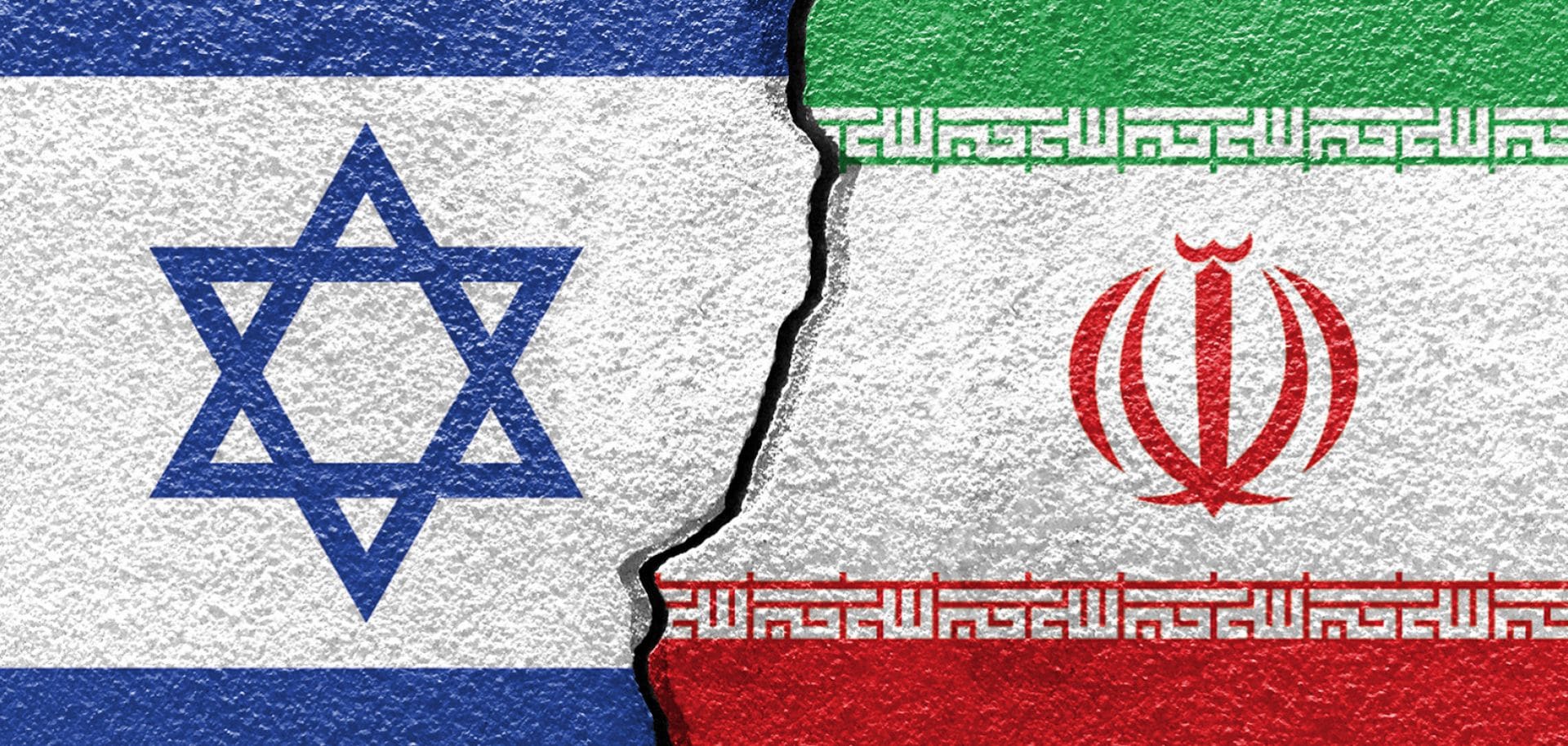The following report is a complimentary offering from MEMRI's Jihad and Terrorism Threat Monitor (JTTM). For JTTM subscription information, click here.
On July 28, 2014, the Al-Qaeda-affiliated media company the Global Islamic Media Front (GIMF) released a video titled "The Story Of The American Muhajir." The video features Abu Hurayra Al-Amriki, an American who fought alongside Jabhat Al-Nusra (JN), and who carried out a suicide attack in May 2014 against a Syria army stronghold in Al-Raqqa.[1]
The video begins with footage of Al-Amriki, including one of him tearing his American passport to shreds and setting it on fire. Most of the video consists of an interview with Al-Amriki, in which he delivers various messages, including about his journey to Syria, where he arrived via Turkey, and his despondence while he lived in the U.S. Al-Amriki also addressed his family, delivering a highly emotional message to his mother in particular.


The majority of Al-Amriki's message in the video, however, is focused on extolling jihad and martyrdom. Al-Amriki comes out also against scholars who oppose the jihad in Syria or who describe martyrdom attacks as suicide in an attempt to sway Muslims from carrying them out (since suicide is forbidden in Islam).
At the conclusion of his interview, Al-Amriki addresses the "kuffar leaders," including U.S. President Barack Obama, informing them that the mujahideen are coming after them, and that they will never be able to defeat Islam.
The video, 31:20 in duration, was released on the Al-Fida' forum.
Speaking about his contempt for life in the U.S., Al-Amriki says that America was no place for a Muslim since the environment there was full of evils that could potentially lead a Muslim astray from his religion.
Al-Amriki says that he chose the path of jihad since it was mandated by Allah: "Allah ordered us to fight the kuffar." In regard to living as a Muslim, Al-Amriki says that being a "true mujahid" and "dying as a shaheed [martyr]" for the sake of Allah were among the things on his mind.
Addressing the "brothers" who might be contemplating joining the jihad in Syria but were nonetheless wary of it for a variety of reasons, including lack of military training, Al-Amriki reassures them, telling them not to worry and to trust Allah. He urges them to emigrate first from the abode of unbelief, such as the U.S. and U.K., and then to worry about receiving the military training they need. He reiterates that the "most victorious thing [they can do] with Allah… is shahada [martyrdom]…" and that paradise is "the best life."
Al-Amriki also criticizes Muslim scholars who oppose Muslims joining the jihad in Syria, telling them that the mujahideen will be the true successors on the Day of Judgment.
Turning to Muslims in the West, Al-Amriki informs them that they will never be safe living among the unbelievers, and that hijra to Syria is therefore mandatory upon them. Al-Amriki also questions the authenticity of these Muslims' Islam, and says that praying five times a day and fasting in Ramadan are not sufficient unless they also support, or join, jihad.
Turning to his family, Al-Amriki tells his mother to remain strong, while reminding his father about the individual duty of jihad upon every Muslim. "This is our religion oh father, this is our religion," he says to him. Al-Amriki also speaks to someone named Mahrous, believed to be his brother. "I love you bro," he tells him, asking him to remain strong and to "never let the kuffar tear you apart…" Al-Amriki also asks Mahrous to look after his, (presumably their) sister and younger brother. He tells his family to trust in Allah, and to realize that the kuffar can never hurt them.
Returning to the topic of martyrdom, Al-Amriki tells his family about the beauty of the afterlife. Paradise, he says, "is more than what you think. Janna [Paradise] is the greatest life…" He also questions his family's lack of acceptance of jihad, while challenging some of their common beliefs about it, such as the image of terrorists being a bunch of men living in caves with AK47s, or that the way Muslims were treated following 9/11 was justified due to the number of people who died in those attacks.
Therefore, he says, addressing his family, and Muslims in the West in general, they must fight, and they must fund the mujahideen and stand up for them. The life of a mujahid, he says, is an "unbelievable life" compared to all the "crap" that Muslims have in the U.S. Al-Amriki questions the lives of Muslims in the U.S., saying that they don't know the meaning of true happiness. "I was never happy," he says, adding that in the U.S. he was "always sad and depressed," and that "life sucked." He adds, "All you do [in the U.S.] is work 40, 50, 60 hours a week, and then you go waste it on garbage…"
Finally, Al-Amriki addresses U.S. President Barack Obama, Israel, and Syrian President Bashar Al-Assad, and informs them, "We are coming for you… mark my words… you big kuffar…" Speaking to Obama, Al-Amriki says: "You think that you've won, you've never won. You will never defeat Islam, you, [former U.S. President G.W.] Bush, [or] any of your kuffar leaders."
Addressing Israel, Al-Amriki says, "We are coming," and adds that the mujahideen will move on to liberate Al-Aqsa and the Palestinians after finishing their work in Syria. "We will bring you down," he exclaims.
Addressing Bashar Al-Assad, Al-Amriki mocks him, tell him "you are nothing, nothing but a donkey… [a] fat pig…"
He then says, "Islam is coming, and will dominate over you… we will come with AK[47s], we will come with our bombs… we have small weapons but we will take you down… [because] we have hearts of lions. And you are scared of death, while we love death…"

Abu Hurayra Al-Amriki
Endnote:
[1] See MEMRI JTTM report In Video, Jabhat Al-Nusra Documents Suicide Attack Carried Out By American, July 26, 2014.




